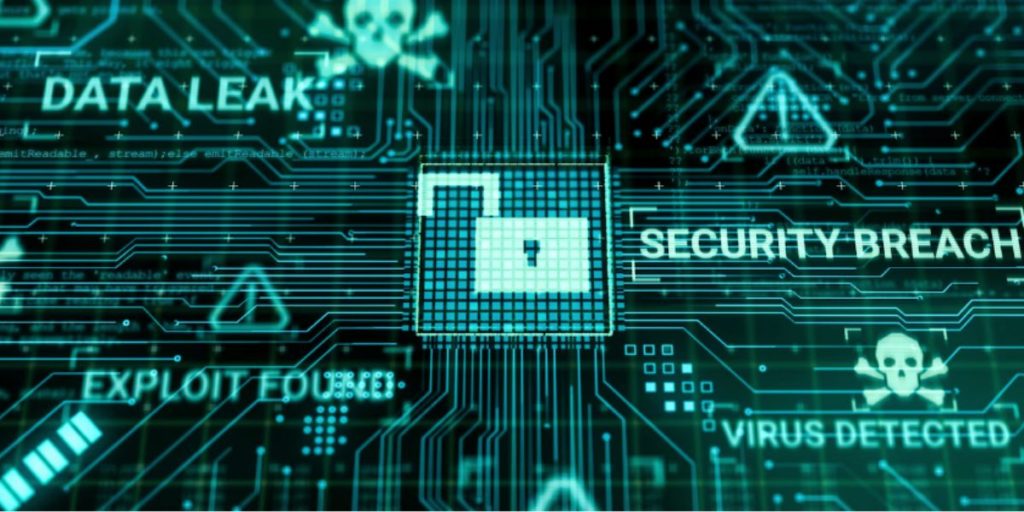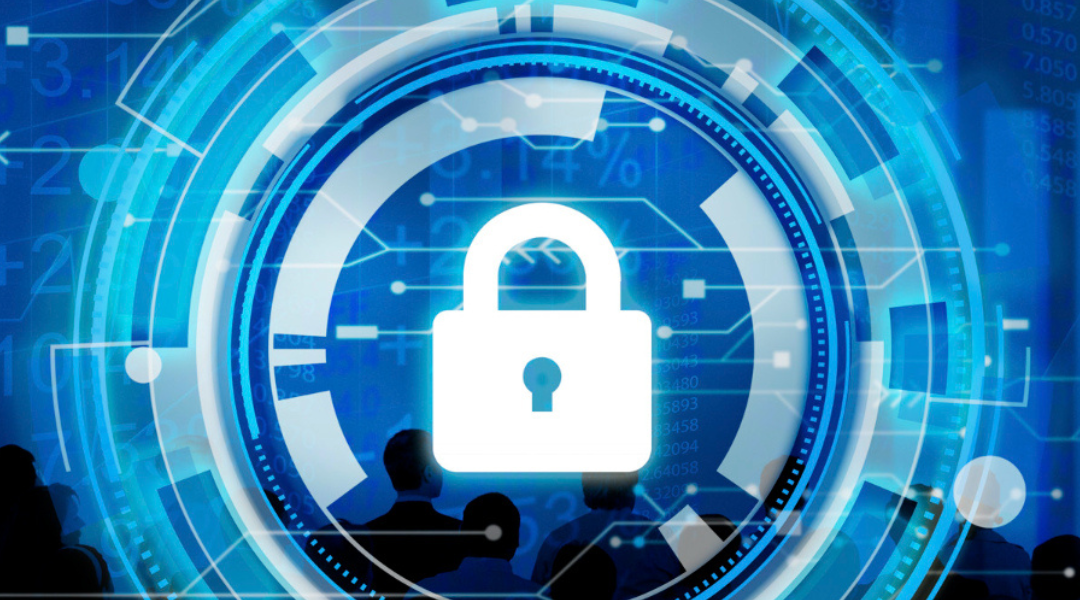Whether you’re a global chain or a family-run startup, every company requires data protection across their devices. With the increase in cyberattacks, the need for cyber liability insurance has become a necessity for businesses to withstand the impact of attacks. So, what is cyber liability insurance and how does it protect your business? Let’s discuss how cyber liability insurance works and what you should know about its policies.
Cybercrime is on the Rise! Click Here to See Cybersecurity Stats.
Cyber Liability Insurance Explained
Cyber liability insurance—otherwise known as cyber security insurance—is a specific protection policy designed to cover a business’ major financial losses caused by cyberattacks. As a result, expenses from data breaches, malware, or legal fees issued by clients whose information is exposed during said attacks are covered under the policy.
In short, cyber liability insurance helps businesses recover lost data files, restore income, and mitigate legal backlash to prevent further victimization following an attack. Although attacks against large corporations grab headlines, data consistently shows that small businesses are favorite targets for cybercriminals. Due to a lack of cybersecurity defenses, nearly 60% of small and medium businesses fall victim to data breaches, causing damage that destroys any potential financial or digital recovery.
Cyber Liability Insurance Claims
When organizations apply for cyber liability insurance, it’s important to determine which type of coverage best suits the network security needed for your industry. Yet, considering the differences between 1st-party and 3rd-party plans, the former is more relevant to business owners since the latter specifically caters to covering cybersecurity firms. To ensure quality protection for your business, let’s review what’s covered under a 1st-party cyber liability insurance plan:
1st party coverage
1st-party cyber liability insurance helps protect businesses from costs incurred by their own cybersecurity risks when handling customers’ private and identifiable information, such as credit cards or social security numbers. Owners of a 1st-party coverage plan can protect their organization from:
- Ransomware Extortion—wherein hackers steal and hold valuable information, only returning access after payment demands are met.
- Lost Productivity—which effectively prevents the company from performing normal operations, causing productivity to stop until the cyberattack is resolved by IT support. During this time, companies can lose significant income and may need to hire external services to resolve the issue.
- Investigation Costs—which insurers require from businesses to determine the source of infiltration and damage caused by a malicious malware or virus attack. This typically requires hiring a digital forensic investigator, as well as orchestrating time away from work projects to notify affected customers, credit card companies, and fraud services. Without proper coverage, these fees and fines can seriously impact your company’s finances and return to normal operations.

Cyber liability insurance allows businesses to cover all legal and lost data fees in the aftermath of a cyberattack.
Cyber Liability Claim Denials
Despite the clarity of which fees cyber liability insurance covers, these policies have limitations to which fees are covered. Due to the recent increase in ransomware and phishing scams, insurance companies are increasing regulations to restrict the coverage organizations can claim. Policies often reject:
- Internal Errors: caused either by failed storage from a power outage, internal system errors erasing important data, or clear incompetence because of poor training.
- Accidental Data Damage: when not caused by a malicious attack, cyber liability insurance doesn’t cover the costs of data loss or destruction caused by cloud storage error, computer breakdown, or external damage to company equipment. Therefore, filing a claim for spilling coffee on a company-issued laptop will immediately be denied.
- Natural Disasters: cases in which your organization’s network or office location is damaged by fire or weather cannot be claimed under cyber liability.
These events outside of cybersecurity infiltration require additional insurance policies to repair. Before applying for cyber liability insurance, business owners must consider the exact coverage and protection they need to secure all their physical and digital assets.
Renewing Cyber Liability Insurance
Along with the changing landscape of cybersecurity, increased cyberattack activity has caused insurers to raise the approval requirements for cyber liability insurance applications. Businesses who currently hold a cyber liability insurance policy must also deal with these restrictions. To ensure a renewal application is approved, companies must review the current cybersecurity standards and processes to determine if their operations meet compliance standards. Simply, cyber liability insurance demands that businesses update or upgrade their cybersecurity defenses, thereby taking proactive steps to improve their data protection.
The required systems needed to gain cyber liability coverage include:
- Multi-factor authentication (MFA) integrated across all insured resources to deter theft of employee credentials
- Continuously test information systems to ensure security is in place and operating at top efficiency
- Regularly update cybersecurity awareness training for employees, educating their online practices to be aware of phishing scams and bad actors.
- Ensure air-tight backups of all data for easy recovery and return to productivity, stored within a separate network such as through cloud storage.
- VPNs for all remote employee devices, making sure your IT infrastructure has encrypted connections.
- Routinely audit 3rd-party partners and vendors to regulate who has network access and limit vulnerabilities.
- Keep Endpoint Detection and Response (EDR) antiviral software installed and updated according to compliance standards across all company approved equipment.
Questions to Consider
If your system lacks the proper data integration systems, your renewal application can be rejected or increase rates on your current policy. For this reason, it’s crucial companies keep their security up to date by monitoring compliance standards. Thankfully, most insurers of cyber liability insurance use questionnaires during their investigations when deciding whether to deny coverage. Using these sample questions, determine whether your company meets standard cybersecurity compliance as follows:
- Do you perform regular backups and store them in a secure off-site location?
- Do you limit remote access to all computer systems by using two-factor authentication?
- Do you provide security training to employees and contractors?
- What processes are in place for clients to request changes to bank accounts, account numbers, telephone numbers, or contact details?
- Are your data backups encrypted and kept on a separate cloud service?
- What steps do you take to detect and prevent ransomware attacks?
- What cybersecurity is in place for company devices?
Upgrade Your Business with Innovative Integration
Cybercrime and criminal activity aren’t going away anytime soon; however, with proactive planning, cyber liability insurance can protect your assets from further damage and help recover afterwards. With additional protection, ensure your company can heal and thrive once again, growing stronger despite hackers’ efforts. Ready to upgrade your network? Contact us at Innovative Integration to improve your cybersecurity services and meet compliance standards today.





